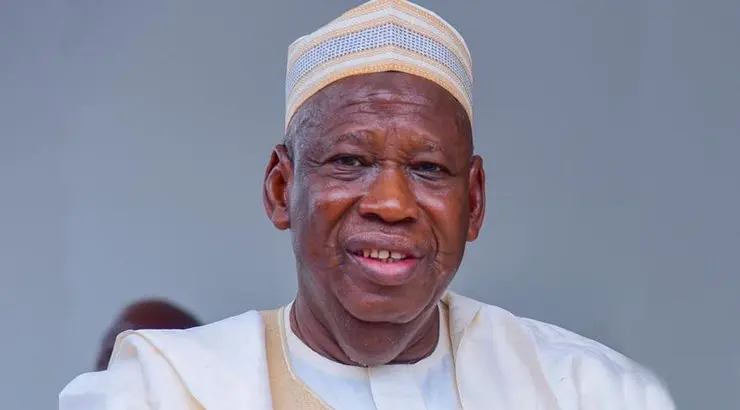The Peoples Democratic Party, PDP, Ondo State chapter, has lashed out at the National Chairman of the All Progressives Congress, APC, Abdullahi Ganduje, over alleged plans to adopt the template used to win the just concluded Edo State governorship election for the forthcoming Ondo election.
The PDP, in a statement by the State Publicity Secretary, Kennedy Peretei, stressed that the people of Ondo State cannot be cowed or intimidated.
The party warned that any attempt to subvert the will of the people will be resisted, stressing that the 1979 scenario is still fresh in the memory.
He said: “The entire world was not only embarrassed but ashamed of what Prof. Mahmood Yakubu’s sham called the Edo State Governorship Election held on Saturday, 21st September, 2024.
“While the Independent National Electoral Commission (INEC) and the Nigerian Police were yet to clear themselves of partisanship and complicity in the election, National Chairman of All Progressives Congress (APC), Dr Abdullahi Ganduje, who flew into Benin with a police helicopter, was gloating in Abuja that Ondo and Anambra would receive the Edo treatment when governorship elections hold in these states.
“The Peoples Democratic Party (PDP), Ondo State Chapter believes that most Nigerians at home and in the Diaspora are beginning to lose hope in our hard-earned democracy when major players like Ganduje openly allude to the fact that their votes will not count as long as men like him hold influential positions.
“Ganduje’s victories were the surest confirmation that the election was rigged. Instead of being sober for subverting the will of the people, Ganduje robbed salt on injury by saying that his party intends to control all five South Eastern States.
“Perhaps it is important to remind Ganduje that Ondo State is not one of the states where the people can be intimidated or cowed. Our people are very enlightened and resilient.
“When the defunct National Party of Nigeria (NPN) attempted to subvert the will of the people, the people proved to the Shagari government that they were different. That tradition has not died.”


